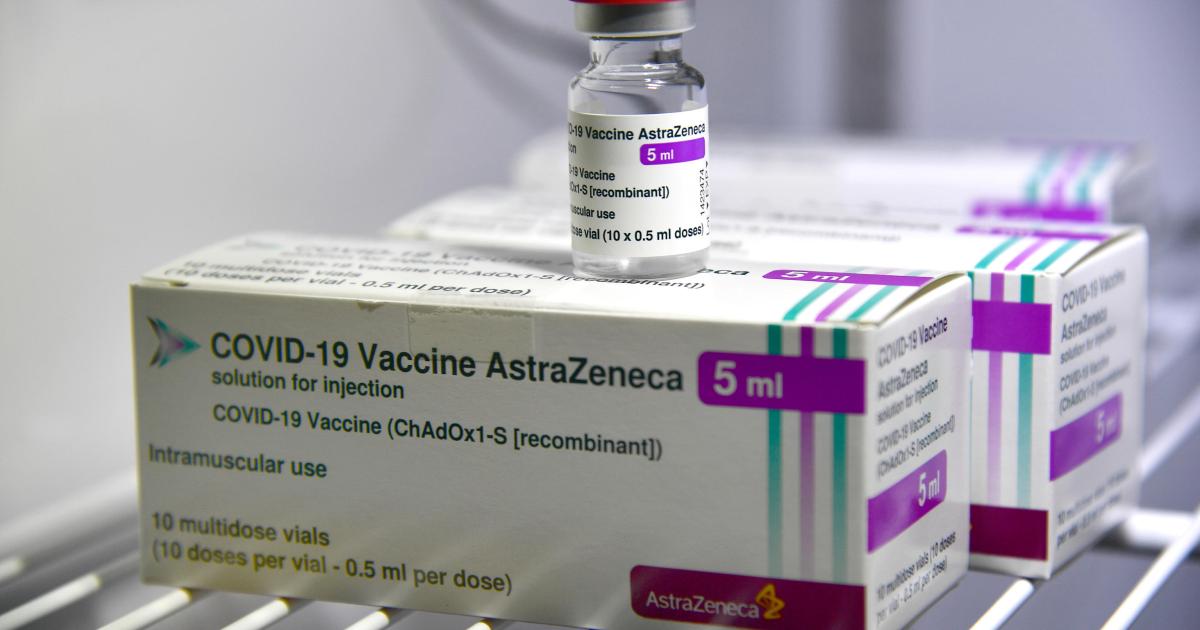AstraZeneca’s coronavirus vaccine is 100 per cent effective at keeping people out of the hospital and stopping them from dying of the disease, a US trial found on Monday.
An extra trial of the vaccine in America found it was more effective than it was in the UK research – preventing 79 per cent of all symptomatic infections – and nobody got seriously ill.
- COVID-19: FG raises alarm over racketeering of vaccine
- Some Supreme Court decisions no longer make sense — Justice Rhodes-Vivour
And it works just as well in over-65s as it does in younger people. The study was the largest one so far conducted on older people, including more than 6,000 of them.
The trial — which involved 32,000 people in total — also confirmed the vaccine doesn’t increase the risk of blood clots, which is a confidence boost after safety concerns in Europe rattled public faith in the jab last week.
Two doses were given four weeks apart in the study and the effectiveness of a single dose was not reported. Full results from the trial are expected to be published later in the year.
American authorities had insisted the vaccine was trailed in the US before they agreed to approve it and the extra research adds to proof the jab works. AstraZeneca said it will apply for US approval in the coming weeks. The authorization is expected next month, but a Food and Drug Administration (FDA) meeting has not been set.
Oxford’s Professor Andrew Pollard, who runs the vaccine trials, said the results were ‘remarkable’, and its inventor Professor Sarah Gilbert said she was ‘very pleased’.
Dean of Brown University’s School of Public Health, Dr Ashish Jha, called the results ‘fabulous news’ in a tweet and told the Today Show that the AstraZeneca shot is the ‘best ticket towards vaccinating the world.’
YouGov lead data journalist Matt Smith said the European leaders’ concerns over the vaccine undoubtedly damaged its reputation.
He said: ‘Not only have we seen considerable rises in those who consider it unsafe in the last two weeks in Europe, the AstraZeneca vaccine continues to be seen as substantially less safe than its Pfizer and Moderna counterparts.
Mail Online

 Join Daily Trust WhatsApp Community For Quick Access To News and Happenings Around You.
Join Daily Trust WhatsApp Community For Quick Access To News and Happenings Around You.


